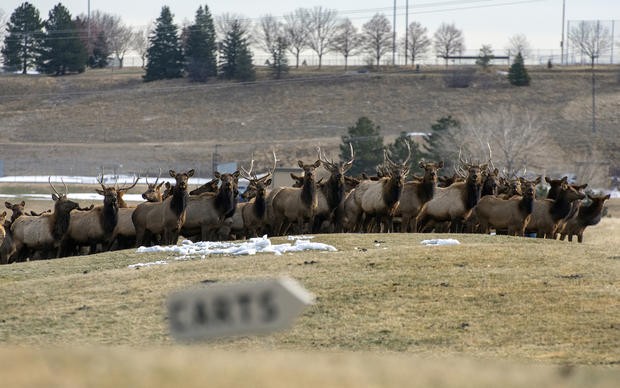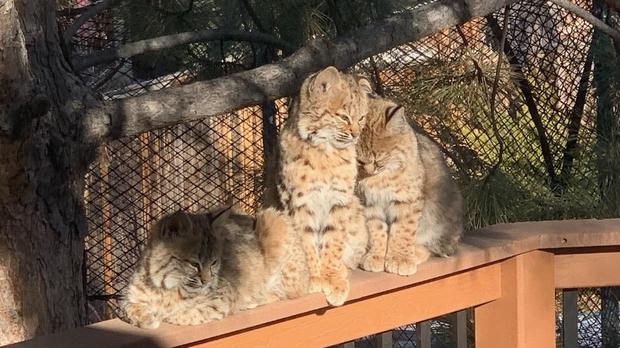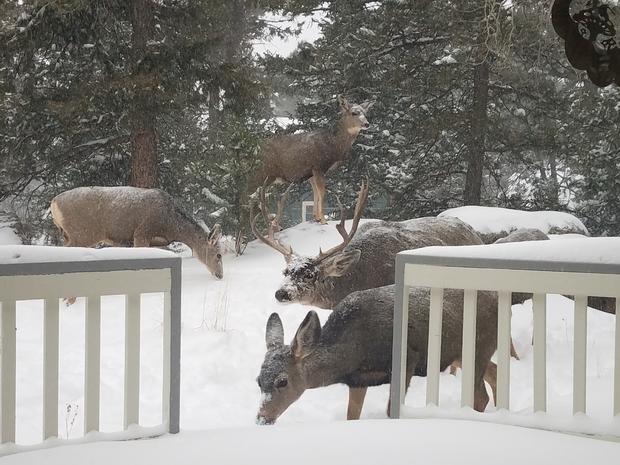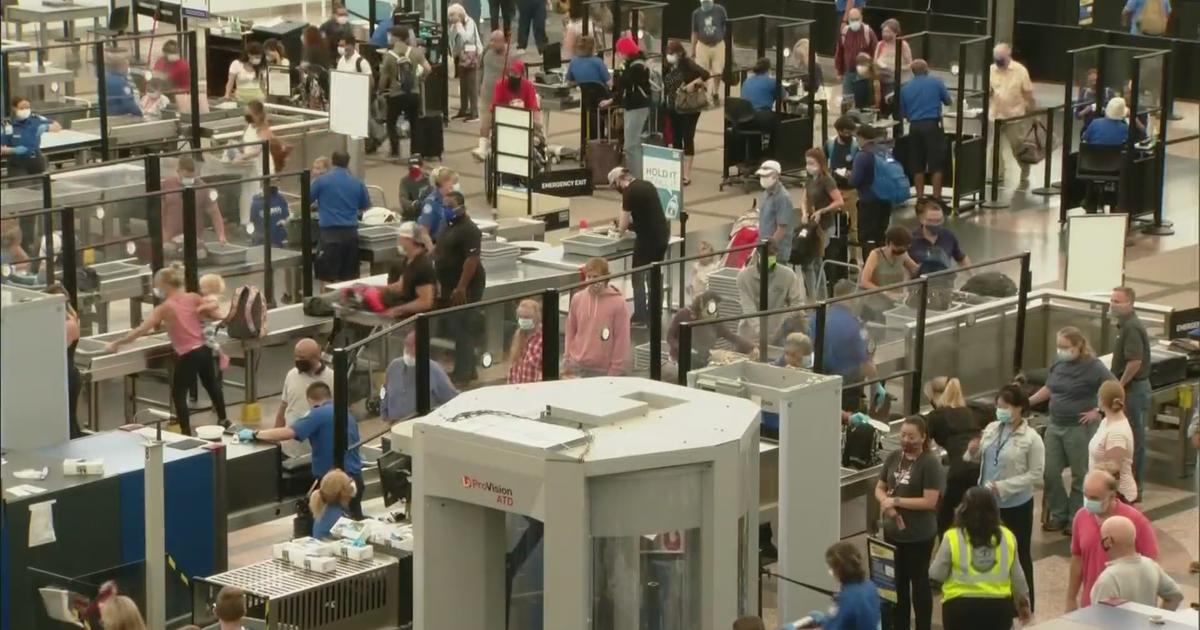Coronavirus In Colorado: Is Wildlife Behavior Changing Due To Statewide Shutdown?
DENVER (CBS4) - Have you been noticing more wildlife since we began the statewide coronavirus shutdown? If so you're not alone. Many of us are spending more time outside now than ever before since we have no where to go each day.
A biologist with Colorado Parks and Wildlife says that the human quarantine would have to continue for years to get wildlife to truly change their behaviors. CPW says they have not noticed any 'out of the normal' wildlife activity since people began to shelter in place.
"I think you are going to have short-term movements, but you likely will not see anything drastic," explains Shannon Schaller, the Senior Wildlife Biologist for CPW's northeast region. "It takes a while for wildlife to figure it out. It's an over-time, repeated and learned behavior that generally has to become habitual. I don't see any real changes coming for wildlife, although individual animals or species are going to be opportunistic."
If you feel like you're seeing more wildlife now experts say it is most likely because you're taking time to enjoy the great outdoors as we take life at a slower place. It's not necessarily because animals are behaving differently now.
Essentially if a park, trail or open space is crowded with people, wildlife will go to a different area that is more quiet. Likewise, if an urban park or open space that used to be very busy is suddenly quiet, and it can provide food, water or shelter, then more and more wildlife will likely start utilizing the area.
"As we slow down or even eliminate our activity in certain areas and they feel the comfort of being able to hunt, eat or rest because we are not there, that's logical," said Schaller.
There is a natural instinct to report things we deem unusual, such as wildlife in places where we aren't used to seeing them, but CPW says if the animals are just doing normal things such as feeding, to please don't call with those reports. That's because those calls could tie up dispatchers and wildlife officers, potentially preventing them from answering an emergency situation in a timely manner.
"Clearly something like a mountain lion or bear is something they should call on, especially if it is in close proximity to humans," Schaller said. "Protect your pets from interacting with all wildlife, do not approach wildlife and leave any newborns you see alone - 99 percent of the time they are not orphaned if their mother is not right there with them."
RELATED: Latest Updates On The Coronavirus Outbreak In Colorado






